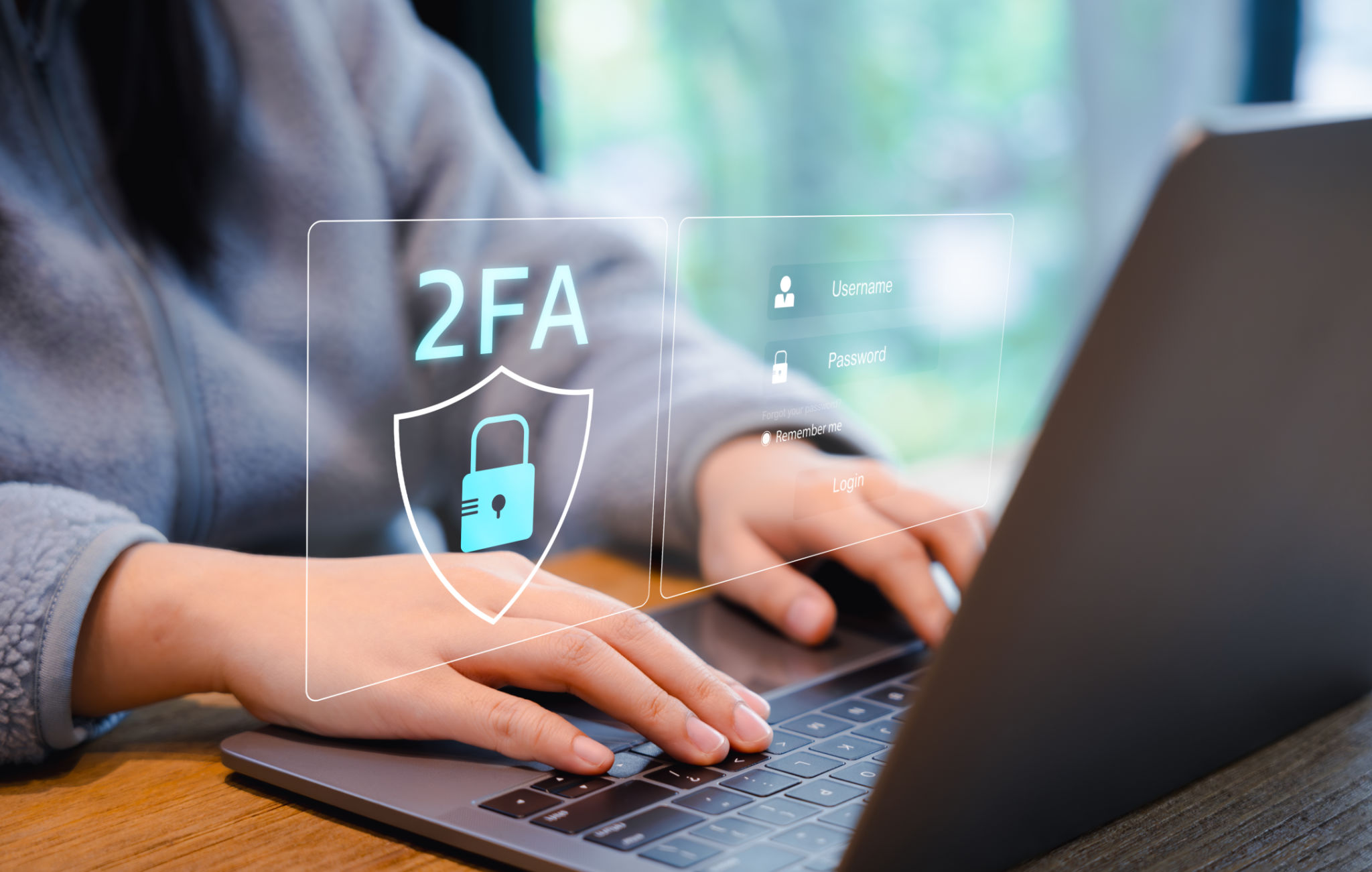Securing Your Business: A Comprehensive Guide to Network Security Solutions
JM
Understanding the Importance of Network Security
In today's digital age, businesses rely heavily on technology to operate efficiently. With this reliance, however, comes the increased risk of cyber threats. Network security is crucial in protecting sensitive data and maintaining the integrity of business operations. By implementing robust network security solutions, businesses can safeguard against unauthorized access, breaches, and various types of cyberattacks.

Key Elements of Network Security Solutions
To effectively secure a business network, it is essential to understand the key components of network security solutions. These components include:
- Firewalls: Acting as a barrier between your internal network and external threats, firewalls monitor incoming and outgoing traffic based on predetermined security rules.
- Intrusion Detection Systems (IDS): These systems detect suspicious activities and potential threats within the network, alerting administrators to take necessary action.
- Virtual Private Networks (VPNs): VPNs provide secure remote access to network resources, encrypting data transmitted over the internet.
Implementing Strong Authentication Measures
Authentication is a critical aspect of network security. By ensuring that only authorized users can access the network, businesses can prevent unauthorized access and data breaches. Two-factor authentication (2FA) and multi-factor authentication (MFA) are effective methods to enhance security.

MFA requires users to provide two or more verification factors to gain access, significantly reducing the risk of compromised credentials. Encouraging employees to use strong, unique passwords and regularly updating them also plays a vital role in protecting sensitive information.
Regular Network Security Audits
Conducting regular network security audits is essential for identifying vulnerabilities and ensuring that existing security measures are effective. These audits involve examining the network's infrastructure, reviewing logs, and assessing potential weaknesses that could be exploited by cybercriminals.
By performing these audits, businesses can stay ahead of potential threats and make informed decisions about necessary updates or changes to their security strategies.

Training Employees on Cybersecurity Best Practices
An often overlooked aspect of network security is employee education. Employees are frequently targeted by phishing scams and social engineering attacks. Providing regular training sessions on cybersecurity best practices can empower employees to recognize and respond to potential threats appropriately.
Implementing policies on safe browsing habits, email security, and data protection can further enhance the overall security posture of an organization. A well-informed workforce is a powerful defense against cyber threats.
The Role of AI and Automation in Network Security
As cyber threats become more sophisticated, leveraging AI and automation in network security has become increasingly important. AI-driven solutions can analyze vast amounts of data in real-time, identifying patterns and anomalies indicative of potential threats.

Automation allows for timely responses to incidents, reducing the likelihood of damage by swiftly mitigating risks. By integrating AI and automation into their network security strategies, businesses can enhance their defenses against evolving cyber threats.
Choosing the Right Network Security Provider
Selecting the right network security provider is crucial for implementing effective solutions tailored to your business's specific needs. Consider providers with a proven track record, comprehensive service offerings, and a proactive approach to threat management.
Engaging with a reputable provider ensures access to the latest technologies and expert guidance in navigating the complex landscape of network security.
Proactive Measures for Long-term Security
Securing your business's network is not a one-time effort but an ongoing process that requires vigilance and adaptation to new threats. By understanding and implementing comprehensive network security solutions, businesses can protect their assets and maintain customer trust.
Through a combination of strong authentication measures, regular audits, employee training, AI integration, and collaboration with reliable providers, businesses can achieve a robust security posture that supports their long-term success.
